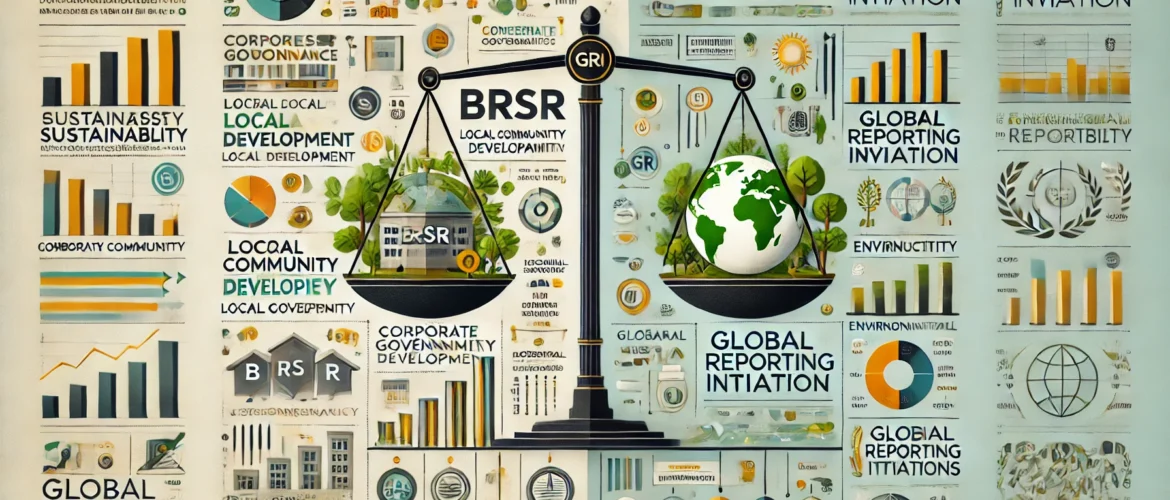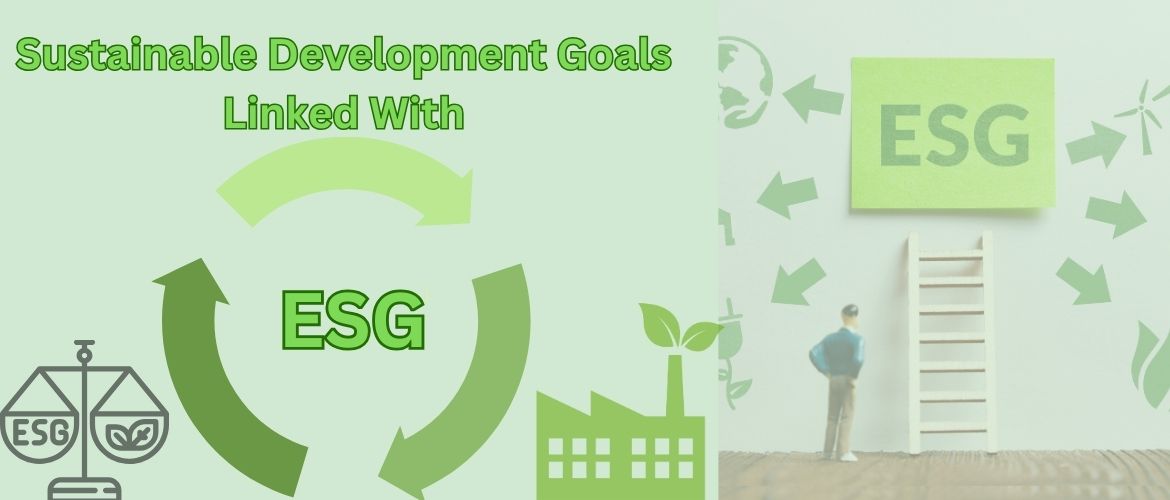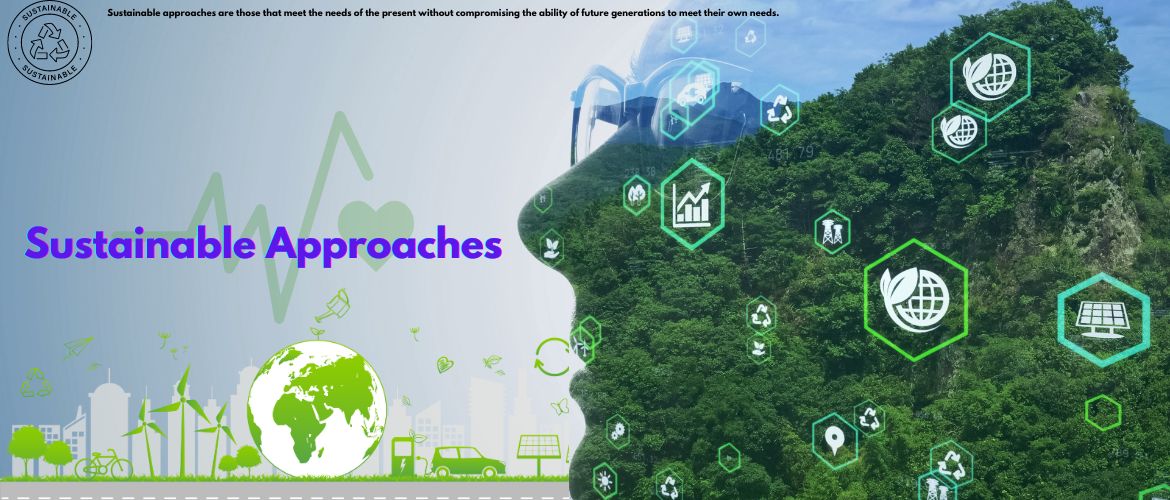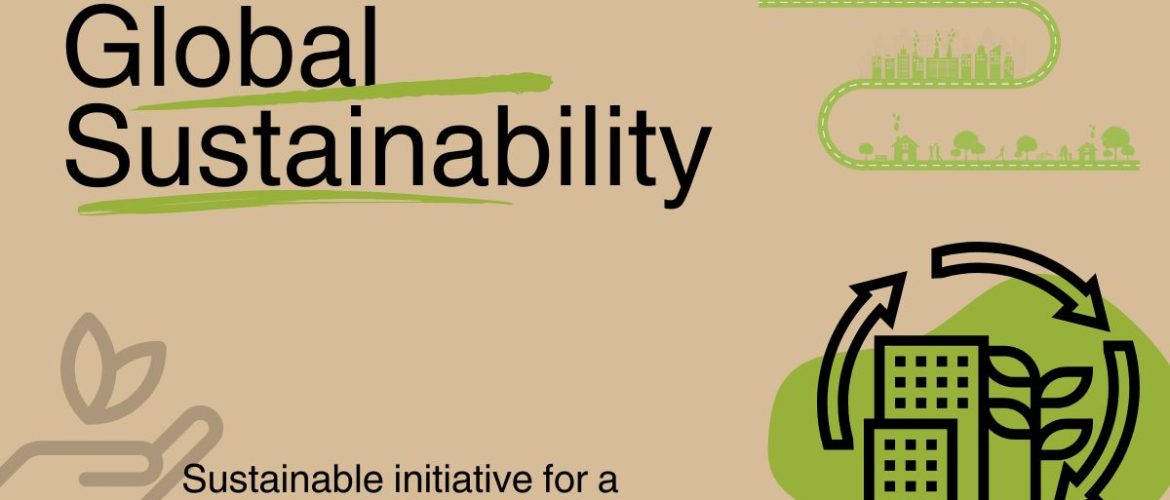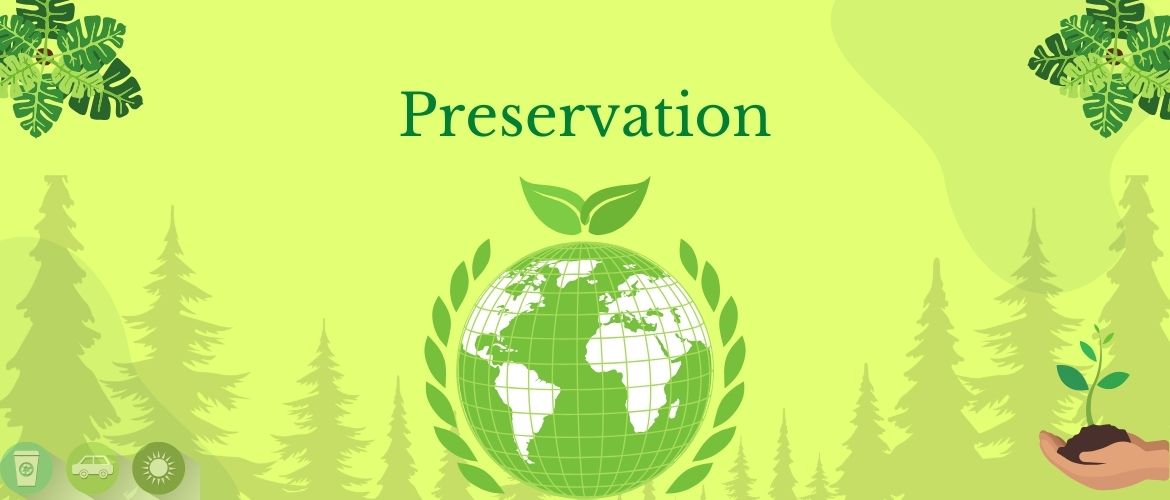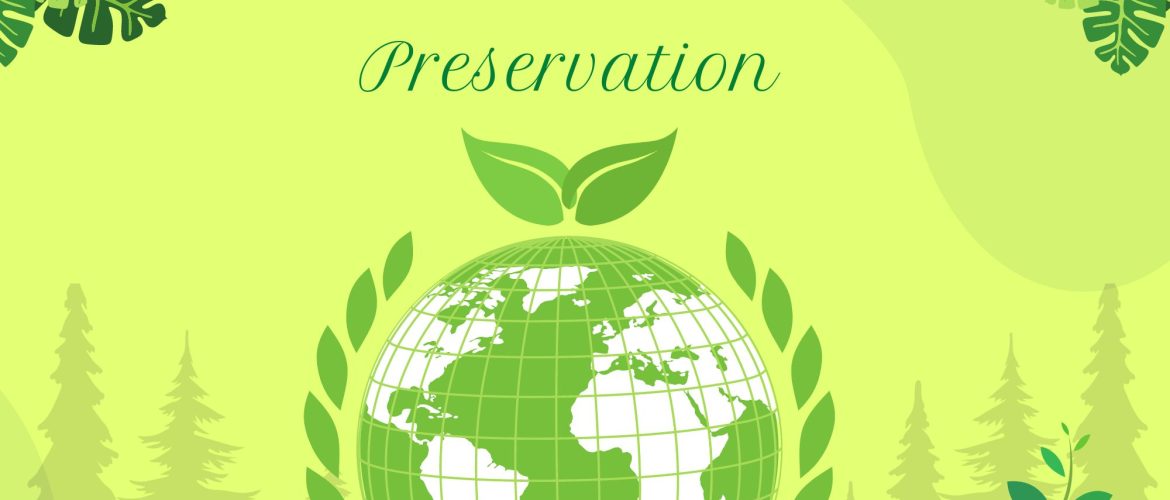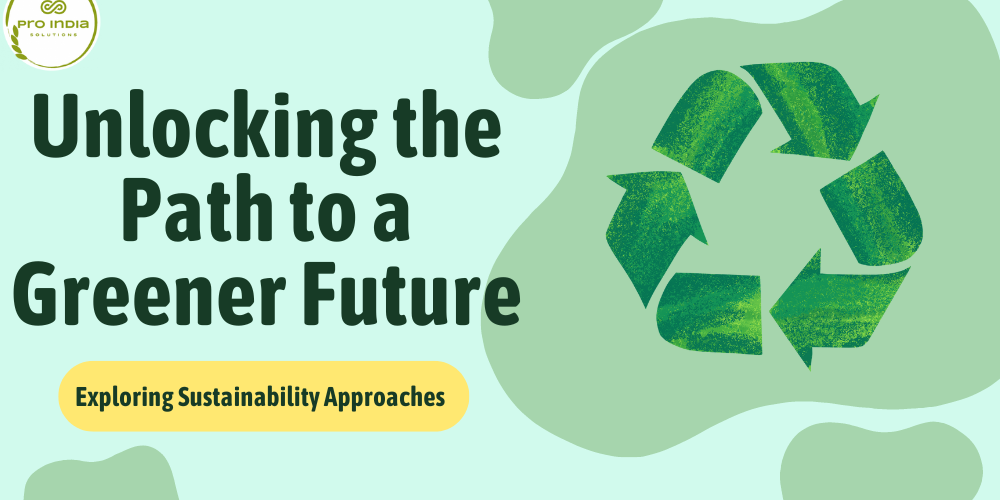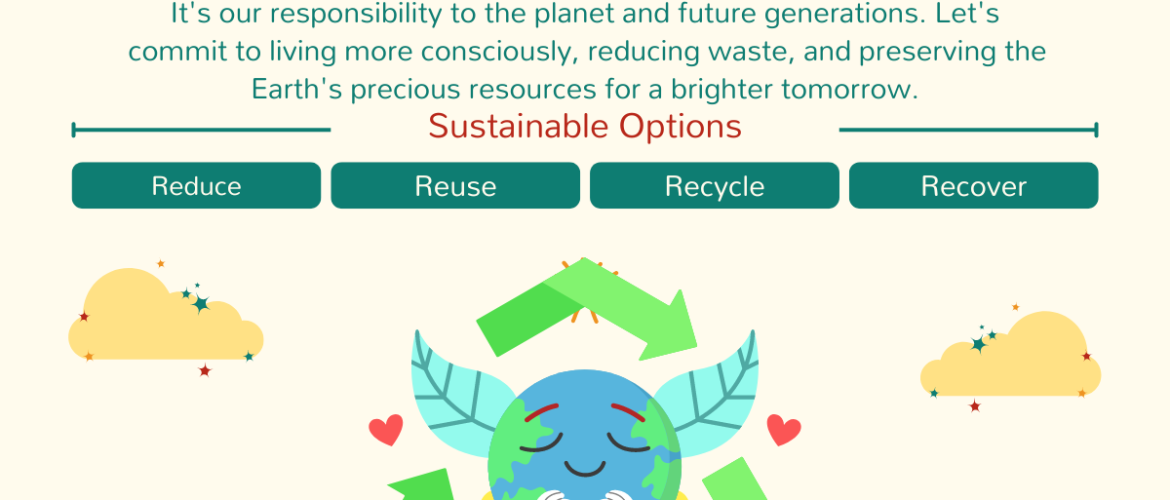BRSR vs. GRI: Sustainability reporting has become a cornerstone of corporate governance, driven by heightened global awareness and increasing regulatory requirements. Among the prominent frameworks, India’s Business Responsibility and Sustainability Reporting (BRSR) and the internationally recognized Global Reporting Initiative (GRI) stand out as comprehensive approaches to Environmental, Social, and Governance (ESG) disclosures. While both prioritize transparency and accountability, their methodologies, scopes, and impacts differ significantly, making it essential for businesses to understand their
The Future of BRSR Reporting in India: Paving the Path to Responsible Business India’s corporate world is buzzing with a new mandate that is set to redefine business responsibility and transparency—the Business Responsibility and Sustainability Reporting (BRSR) framework, introduced by the Securities and Exchange Board of India (SEBI). This framework is more than just a compliance requirement—it represents a proactive approach toward sustainability and responsible business practices. This revolutionary initiative has put sustainability reporting in the spotlight,
The Harmonious Symphony of CSR and ESG: A Melody of Social Responsibility and Sustainable Growth In the grand orchestra of modern business, two acronyms resonate with unique harmony: CSR and ESG. They are not mere buzzwords or checkboxes on a corporate to-do list; they represent the essence of responsible business practices and sustainable growth. To understand their significance, we must delve into the intricate composition of Corporate Social Responsibility (CSR) and Environmental, Social, and Governance (ESG) principles. Unveiling the Enigma of Corporate
Introduction In the realm of sustainability, two acronyms often come up: SDGs and ESG. What exactly are they, and how do they work together to shape a better future for our planet? The Sustainable Development Goals (SDGs) have emerged as guiding stars in our quest for a world where economic prosperity, environmental stewardship, and social justice coexist. Established in 2015, these 17 goals represent our collective aspirations for a more sustainable and equitable future by 2030. But how do SDGs intertwine
“In a world where the consequences of environmental degradation are increasingly evident, the importance of sustainability has never been clearer.” Sustainability means meeting the needs of the present without compromising the ability of future generations to meet their own needs. It involves minimizing our ecological footprint and fostering a harmonious relationship between humans and the environment. Let’s explore some creative and effective sustainability approaches that are paving the way for a greener future. Circular Economy Firstly, the circular economy aims to redefine
Welcome to the vibrant world of PRO INDIA! At PRO INDIA, we don’t just talk about global sustainability; we dance with it, sing to it, and weave it into the very fabric of our existence. Our mission? To create a greener, cleaner, and kinder planet—one eco-friendly step at a time. So let’s dive into the kaleidoscope of global sustainability initiatives. The Forest Within: Our Indoor Jungle Step into our office, and you’ll think you’ve stumbled into a rainforest. Ferns, succulents, and bonsai trees
Social Media!! Social Media!! Social Media!! The Fever is Never Ending. In a world where buzzwords come and go like fleeting trends, ‘SUSTAINABILITY’ in India stands as an enduring beacon of hope and a guiding principle for a better tomorrow. But what exactly is sustainability? Is it merely a trendy term or a profound philosophy shaping our collective destiny? At its core, sustainability in India means meeting present needs without compromising future generations’ ability to meet their own. For PRO INDIA, sustainability
Introduction: Embracing Sustainability in the Digital Age In the fast-paced realm of social media, sustainability emerges as a guiding principle for a brighter tomorrow. But what really is sustainability? Is it just a catchphrase of the moment, or is it a deep-seated ideology guiding our shared future? Understanding Sustainability At its core, sustainability is providing for current needs without sacrificing the capacity of future generations to provide for their own. But what does PRO INDIA mean by sustainability? It is the lifeblood of
In a world where the consequences of environmental degradation are becoming increasingly evident, the importance of sustainability has never been clearer. Sustainability, simply put, is the practice of meeting the needs of the present without compromising the ability of future generations to meet their own needs. It’s a concept that encompasses various approaches aimed at minimizing our ecological footprint and fostering a harmonious relationship between humans and the environment. Let’s delve into some creative and effective sustainability approaches
Social Media!! Social Media!! Social Media!! The Fever is Never Ending . In a world of Social Media where buzzwords come and go like fleeting trends, ‘SUSTAINABILITY’ stands as an enduring beacon of hope, a guiding principle for a better tomorrow. Don’t you agree? But what exactly is Sustainability? Is it merely a trendy term or a profound philosophy shaping our collective destiny? At its core, sustainability refers to meeting the needs of the present without


